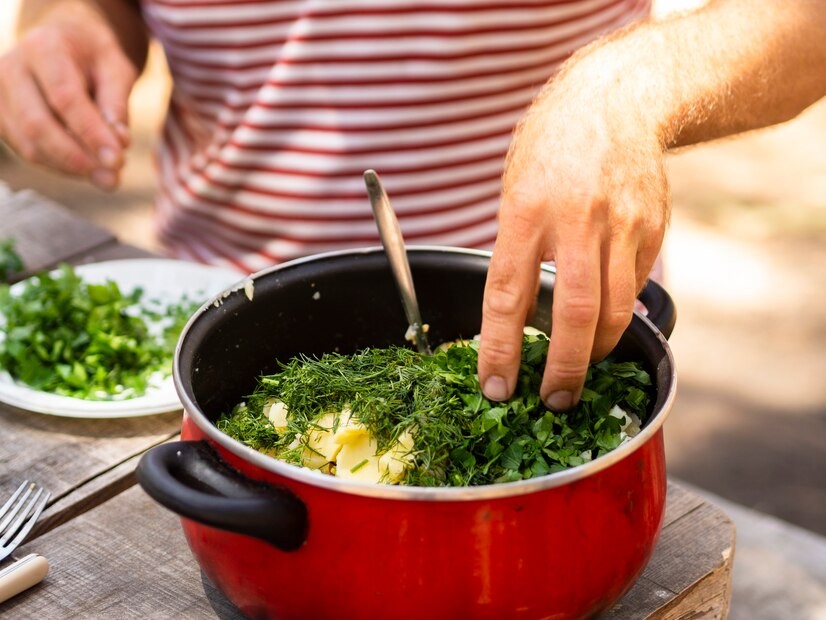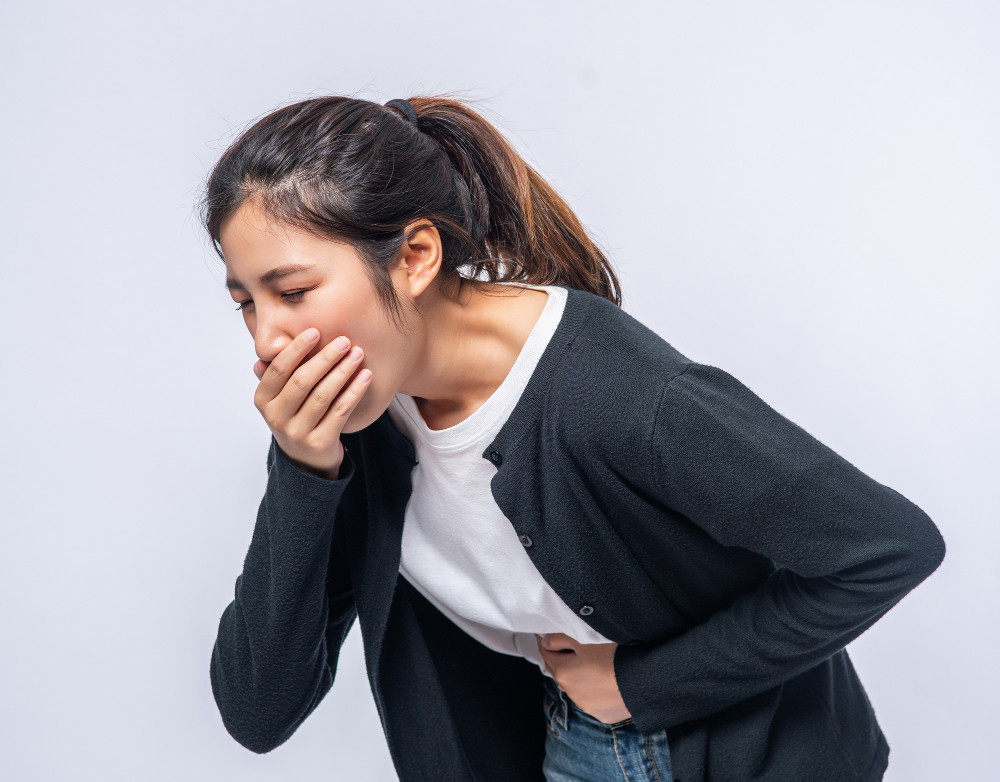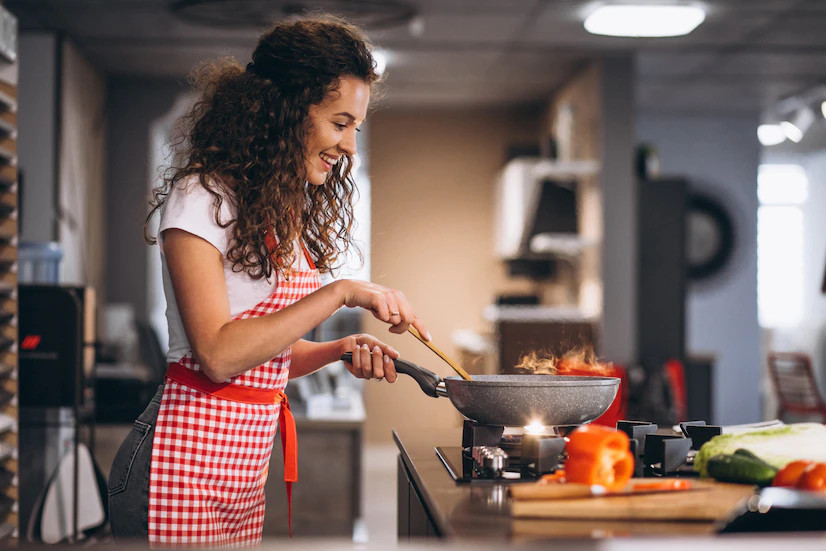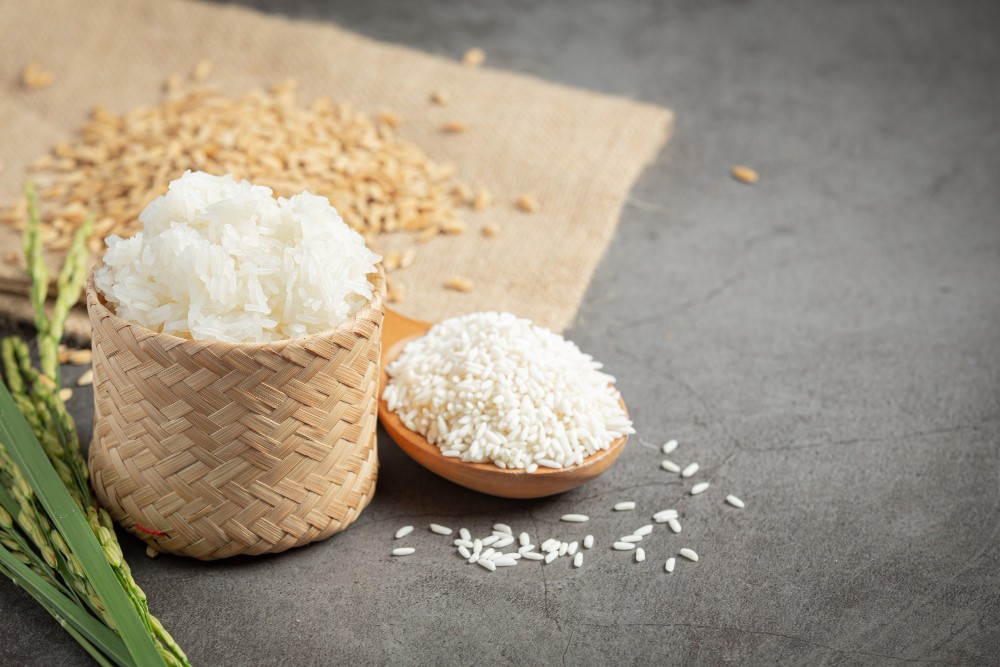Reheating leftovers is a common way to save food and reduce waste. However, it's important to note that certain foods can become harmful if reheated multiple times.
Reheating food poses risks because it can alter its chemical composition and encourage bacterial growth during storage and reheating. Repeatedly heating food can reduce its nutritional value, change its structure, and potentially foster bacteria that lead to food poisoning.
Foods That Shouldn't Be Reheated
Some foods shouldn't be reheated due to changes in their chemical structure and the potential growth of harmful bacteria. These foods include:
Rice
Although it may seem harmless, reheating rice can carry serious health risks if not done properly. Bacillus cereus, a bacterium commonly found in soil, can easily contaminate grains like rice.
Once rice is cooked and left at room temperature for more than two hours, Bacillus cereus spores can develop into active bacteria that produce toxins. Reheating does not always eliminate these toxins, so consuming contaminated rice may result in food poisoning.
To prevent this, allow cooked rice to cool briefly, then store it in the refrigerator within two hours. Avoid reheating rice that has already been warmed. Ensure proper reheating to minimize the risk of contamination.
Chicken
Reheating chicken can be unsafe as it may alter the protein structure. Damaged proteins become harder for the body to digest, potentially leading to digestive issues like bloating, nausea, or diarrhea.
Chicken is especially prone to contamination by bacteria like Salmonella and Campylobacter, particularly if it's not cooked or reheated properly. These bacteria can multiply quickly if cooked chicken is left at room temperature too long.
While reheating can kill some bacteria, insufficient heating may not destroy all harmful pathogens.
Potatoes
Potatoes that have been cooked and then left at room temperature for too long can become a breeding ground for Clostridium botulinum, a bacterium that produces toxins causing botulism, a severe form of food poisoning.
This bacterium's spores are heat-resistant and can survive even if the potatoes are reheated. If poisoning occurs, the toxin attacks the nervous system, leading to serious symptoms such as:
- Difficulty breathing
- Blurred vision
- Muscle weakness
- Paralysis
Eggs
Cooking eggs alters their nutritional content. Raw egg proteins are harder for the body to digest, whereas cooked egg proteins are more easily absorbed.
Fat-soluble vitamins like A, D, E, and K remain stable after cooking, but water-soluble vitamins such as B and C may decrease slightly during the cooking process.
While limited research has been conducted on the impact of reheating eggs on nutrition, repeated reheating may not significantly affect their nutritional value. However, the texture and taste may suffer.
To prevent bacterial growth, store cooked eggs in the refrigerator within two hours of cooking. Reheating eggs more than once should be avoided, as this can damage their texture and increase the likelihood of contamination.
Spinach and Other Leafy Greens
Spinach and other leafy greens are rich in nitrates, which can convert into nitrites when reheated. Nitrites are carcinogenic in large quantities. For this reason, it's best to eat leafy greens immediately after cooking or serve them cold in salads.
These are some examples of foods that shouldn't be reheated. Proper storage, reheating at the correct temperature, and consuming food shortly after cooking can help prevent the need for repeated reheating.
Have any questions about food safety or health concerns? Consult our doctors through the Ai Care app, available for download on the App Store or Play Store.
Looking for more tips on nutrition, diet, and food safety? Click here!
- dr Hanifa Rahma
Food Standards Agency (2023). Not reheating leftovers until steaming hot throughout. Available from: https://www.food.gov.uk/research/behaviour-and-perception/not-reheating-leftovers-until-steaming-hot-throughout
Food Standards Australia (2023). Cooling and reheating food. Available from: https://www.foodstandards.gov.au/business/food-safety/fact-sheets/cooling-and-reheating-food
Luke Whelan (2024). How Bacillus Cereus Can Make You Sick from Reheated Rice. Available from: https://rightasrain.uwmedicine.org/body/food/leftover-rice-bacillus-cereus-food-poisoning
Cleveland Clinic (2022). Bacillus Cereus. Available from: https://my.clevelandclinic.org/health/diseases/23581-bacillus-cereus
Novella Lui, RD, M.H.Sc (2024). How Long Can Cooked Chicken Sit Out?. Available from: https://www.eatingwell.com/article/7965905/how-long-can-cooked-chicken-sit-out
USDA (2023). Can baked potatoes contain "Clostridium botulinum" or botulism?. Available from: https://ask.usda.gov/s/article/Can-baked-potatoes-contain-Clostridium-botulinum-or-botulism
Cleveland Clinic (2023). Botulism (Clostridium Botulinum). Available from: https://my.clevelandclinic.org/health/diseases/17828-botulism
Lauren Panoff, MPH, RD (2020). Can You Reheat Eggs?. Available from: https://www.healthline.com/nutrition/can-you-reheat-eggs
Songheng Wu, et all (2021). Assessment of Potential Nitrite Safety Risk of Leafy Vegetables after Domestic Cooking. Available from: https://www.ncbi.nlm.nih.gov/pmc/articles/PMC8701323/












